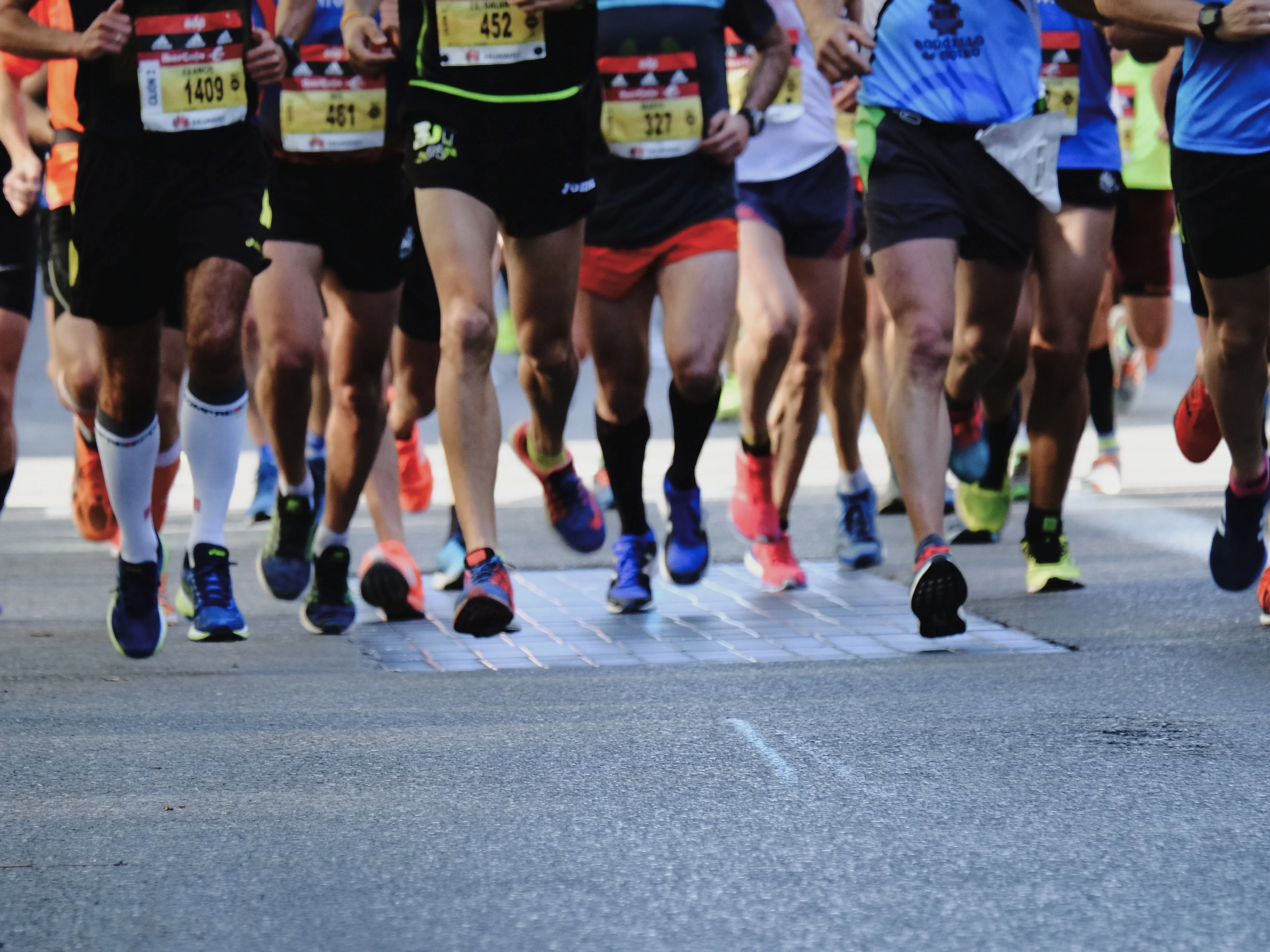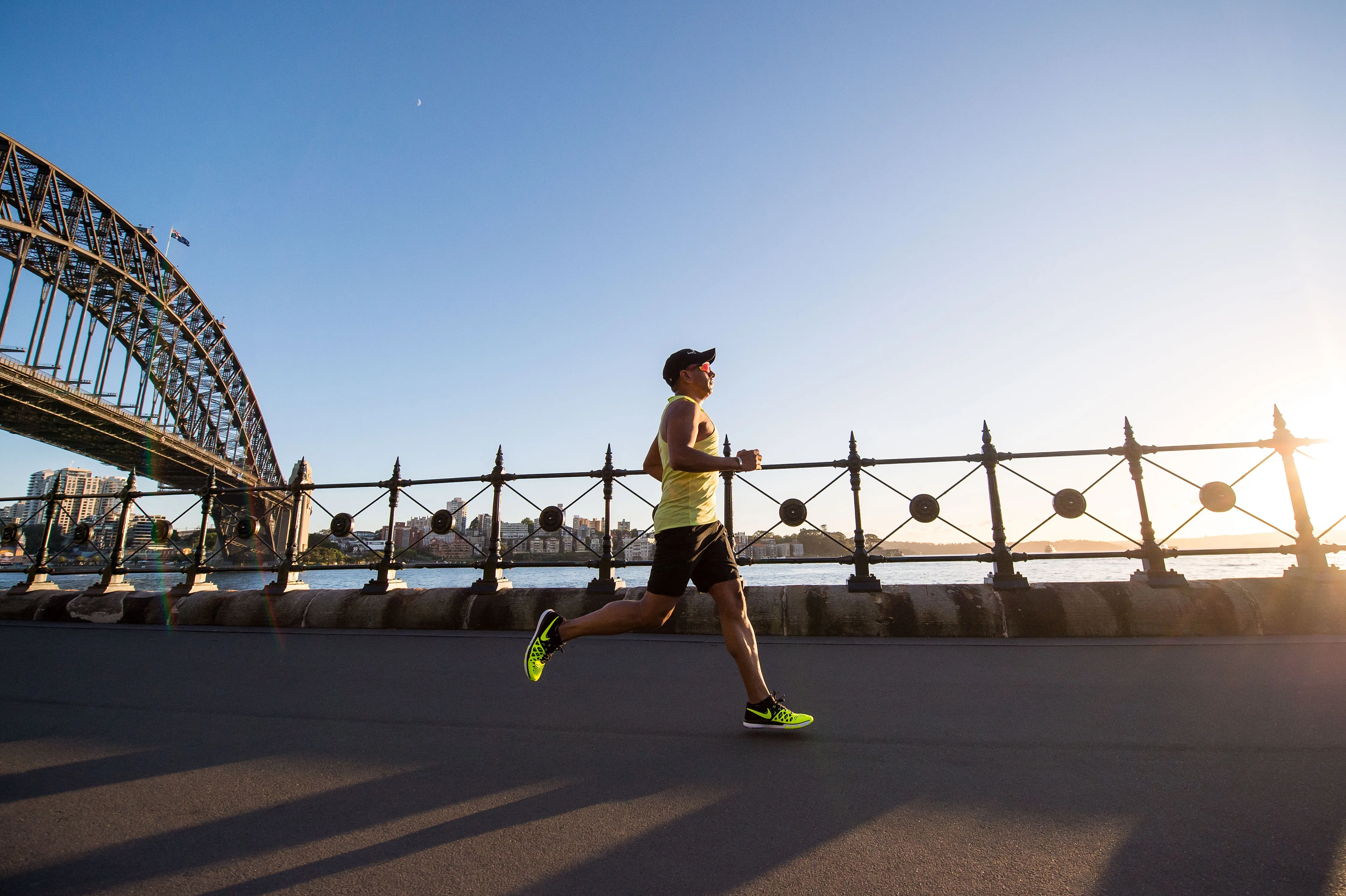
Surely you have heard the adage, “Rest is as important as the workout.” Yet, it is an aspect that is often overlooked, and sometimes even misunderstood in the training routines of many runners. Whether a newbie or a seasoned marathoner, understanding the importance of recovery is critical for every runner.
In fact, recovery is not a passive but an active process where crucial physiological adaptations to the stress of running take place. Hence, logically, it must be an integral part of your training.
The Role of Recovery

The process of recovery allows the body to restore glycogen levels, repair muscle damage and reduce inflammation caused by the strenuous physical activities like running. It works as a phase that helps the body to heal and adapt to new endurance levels, thus, paving the way for increased stamina and peak performances.
Benefits of Adequate Recovery
Improved Performance: By taking a recovery phase seriously, you allow your body to not only repair muscle tissues but also strengthen them. This process, in turn, enhances your overall performance and reduces the risk of fatigue-related injuries.
Injury Prevention: Frequent high-intensity running without proper recovery periods may lead to overuse injuries such as shin splints, runner’s knee, or stress fractures. A recovery lap allows the body to rejuvenate and replenish, minimizing the risk of developing such injuries.
Physical and Mental Wellbeing: It’s not just about the body. Recovery also benefits mental health. It prevents burnout and the development of negative emotions like anxiety and depression which can occur due to overtraining.
Effective Recovery Practices

Active Recovery: Low-intensity cross-training exercises such as cycling or swimming, can stimulate the repair and recovery of muscle tissue without adding more stress.
Proper Nutrition: Post-workout meals should include a balanced mix of proteins, carbohydrates, and fats to replenish depleted energy stores, promote muscle repair and control inflammation.
Rest and Sleep: A good night’s sleep and scheduled rest days are crucial. Sleep is the best recovery tool as it’s the time when most of your body’s repair and growth processes occur.
Hydration and Electrolyte Balance: It is important to replace fluids and electrolytes lost through sweat during a run to ensure optimal muscle function and prevent dehydrating effects such as cramps and fatigue.
Massage and Stretching: Both can promote flexibility, increase blood circulation, and alleviate muscle tension, facilitating a quicker recovery.
Remember coordination between training and recovery is paramount. Pay attention to your body signals, ignore the urge of “No Pain, No Gain” at times and you will certainly see a positive change in your running performance and general wellbeing. After all, optimal health for diligent training routines should always come first.
Running might be your passion or hobby, but always remember your health is important as well. Prioritize your recovery period and you will see an improved version of yourself as a runner. Challenge yourself, but also let your body heal. A well-rested runner after all, is an efficient runner.
To sum up, as the eminent running coach, Hal Higdon once said, “Rest days are as important as running days.” Listen to your body, and never underestimate the power of a recovery run!




